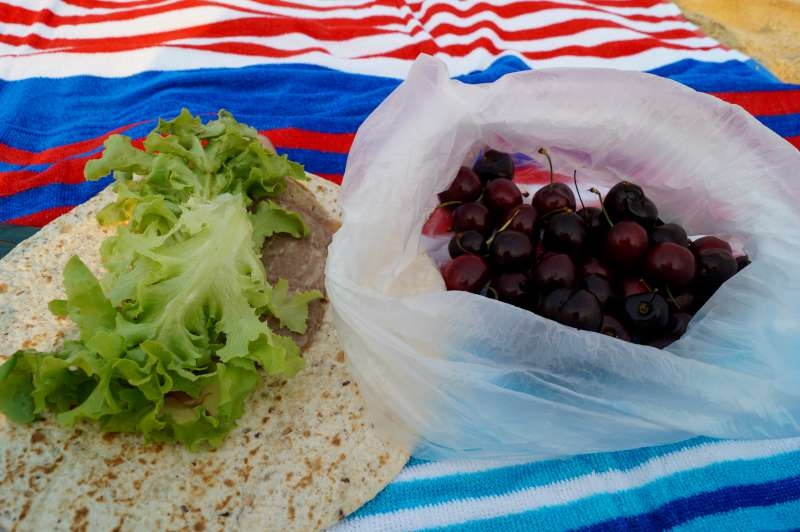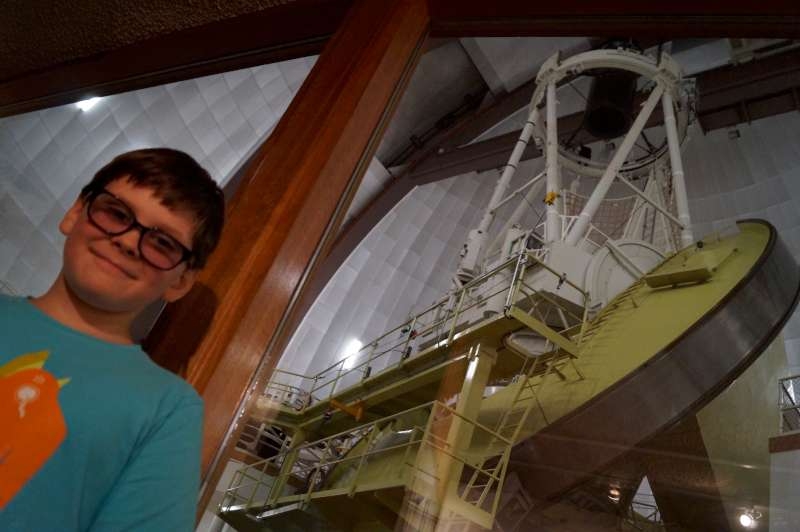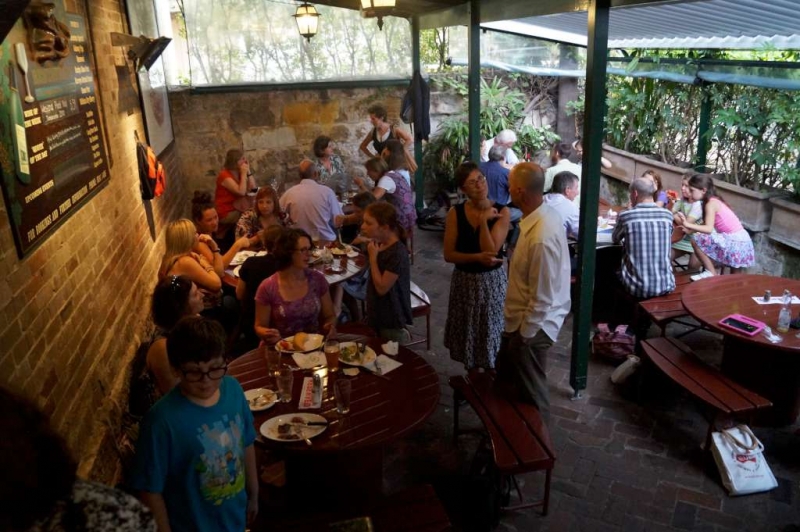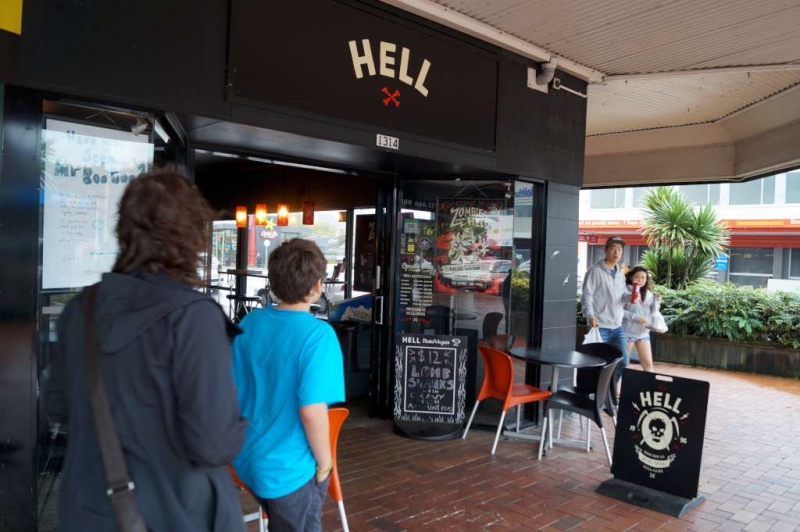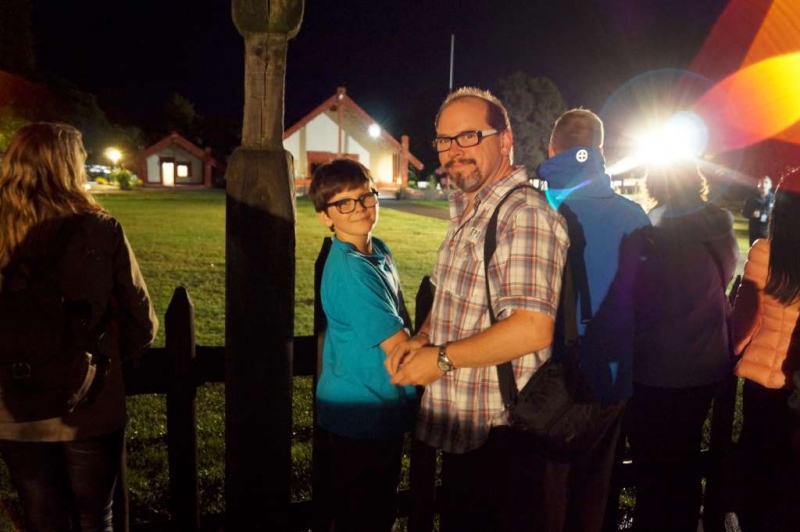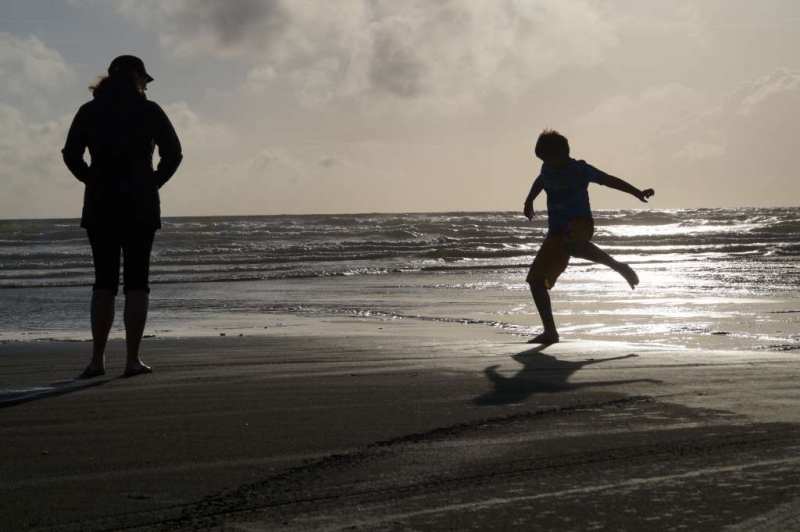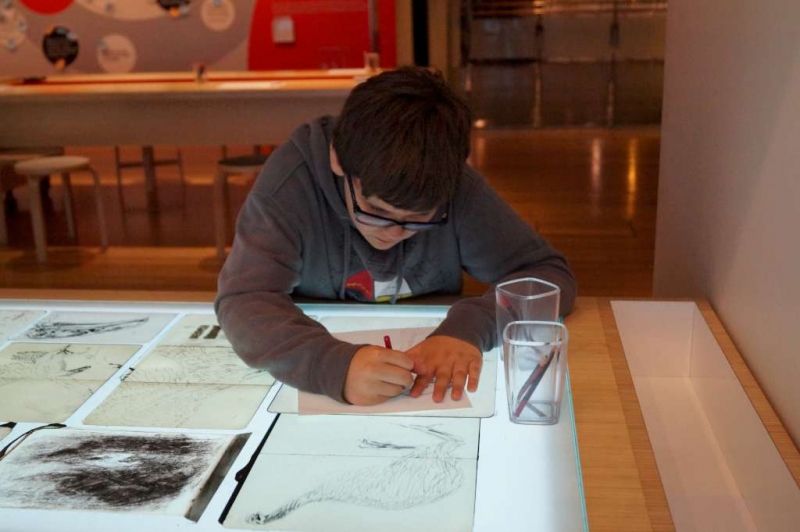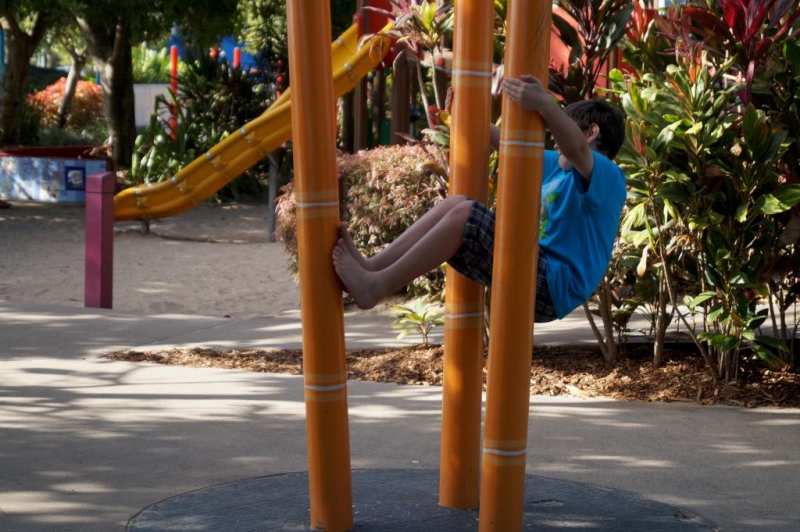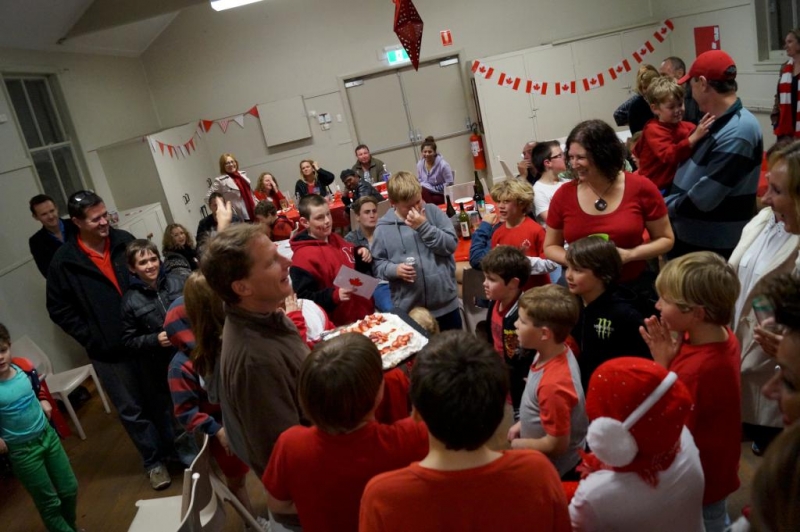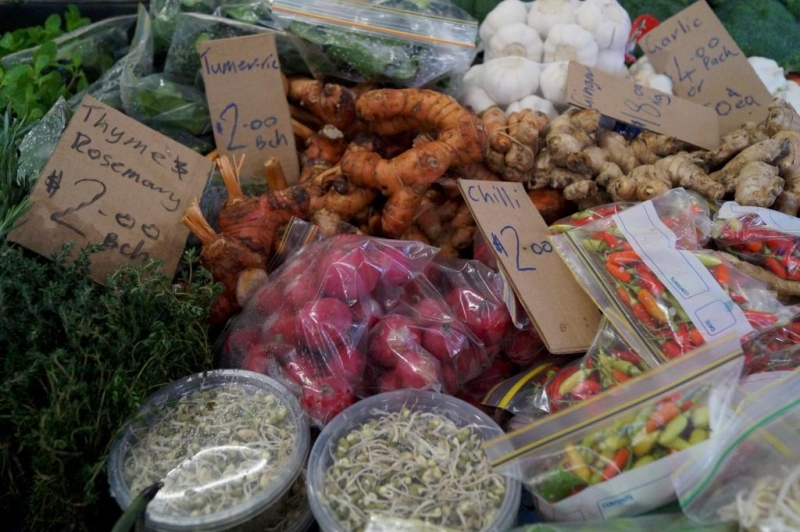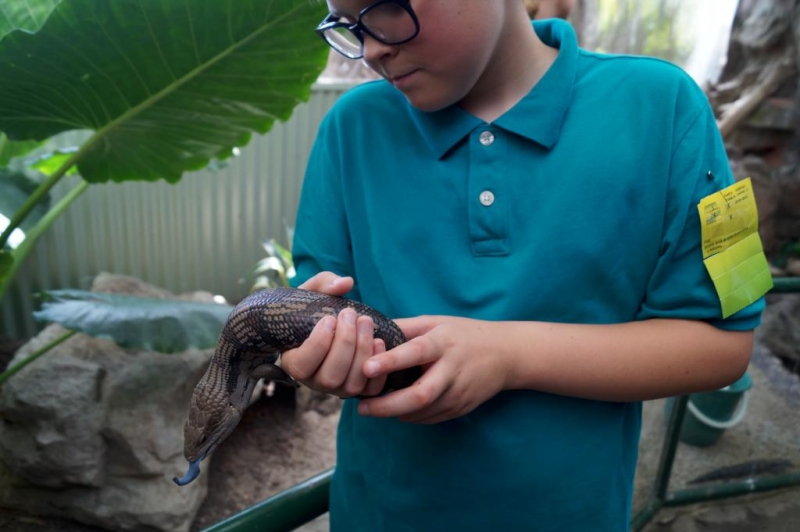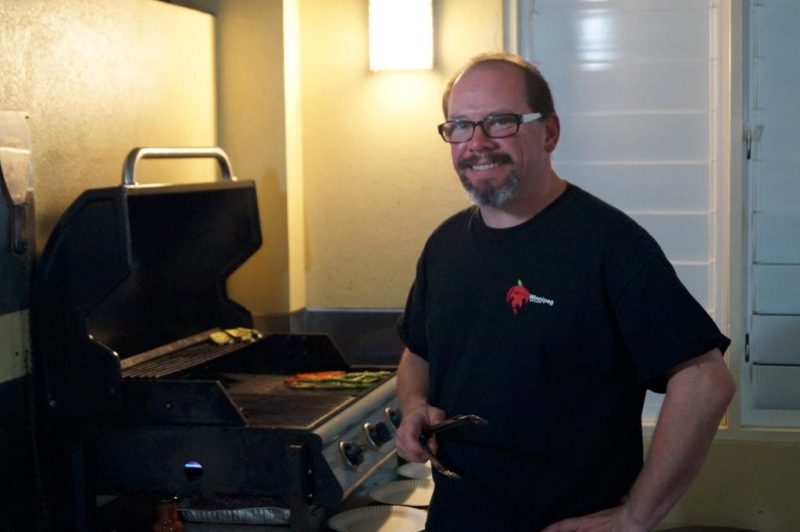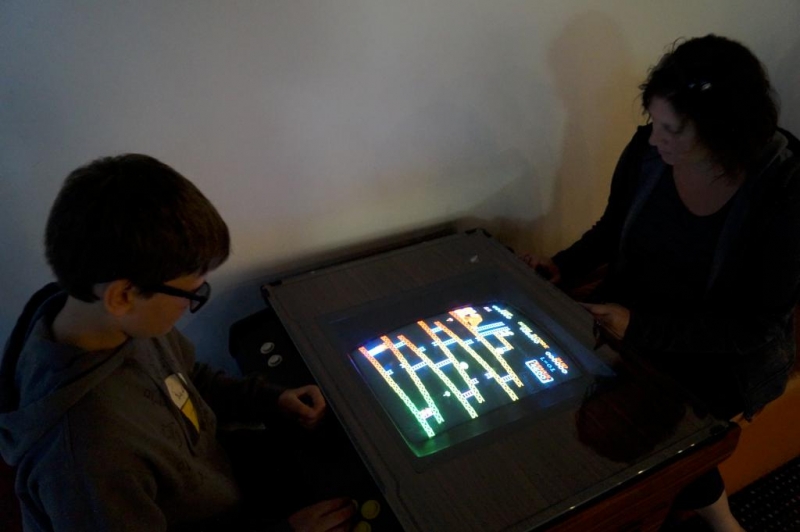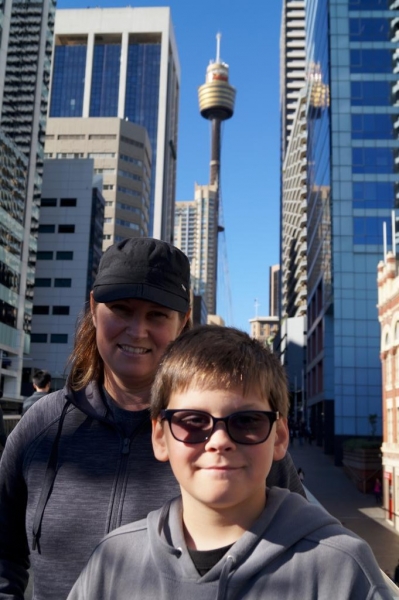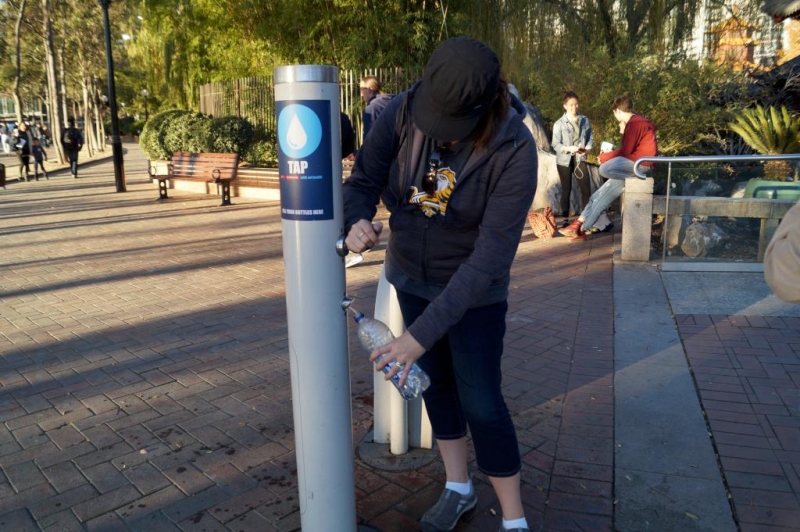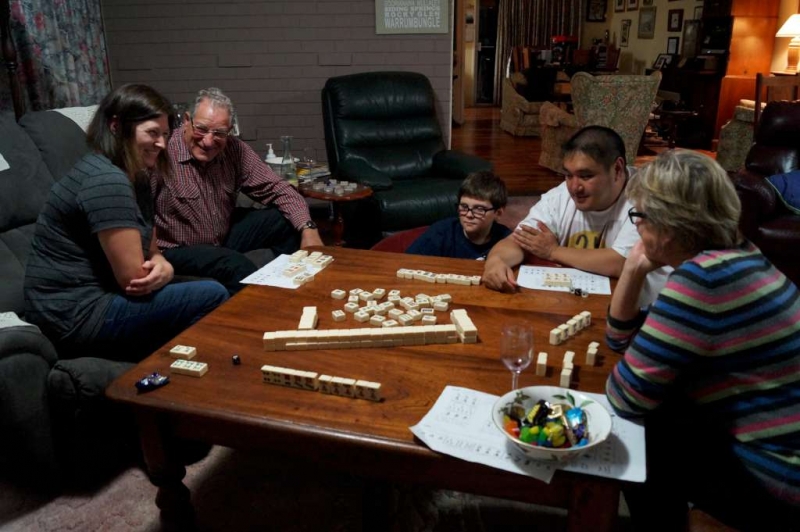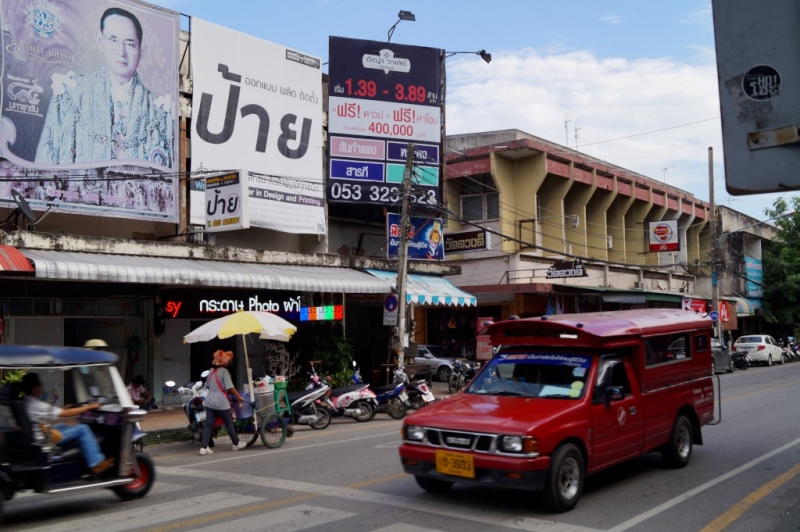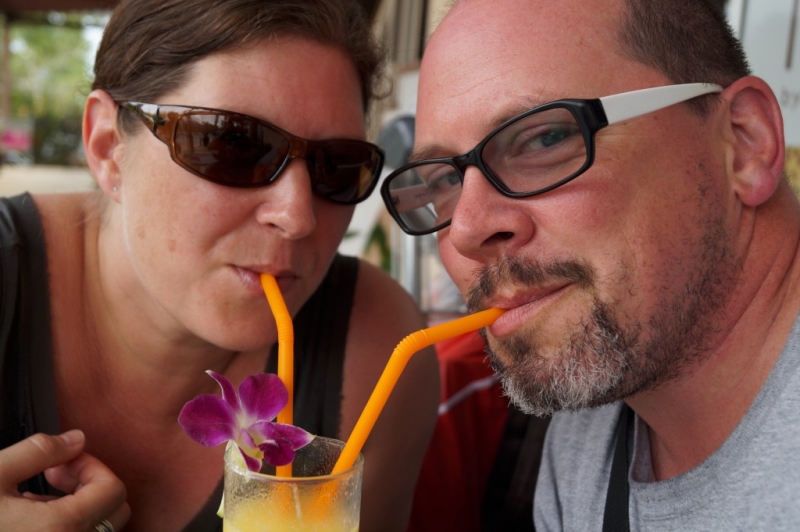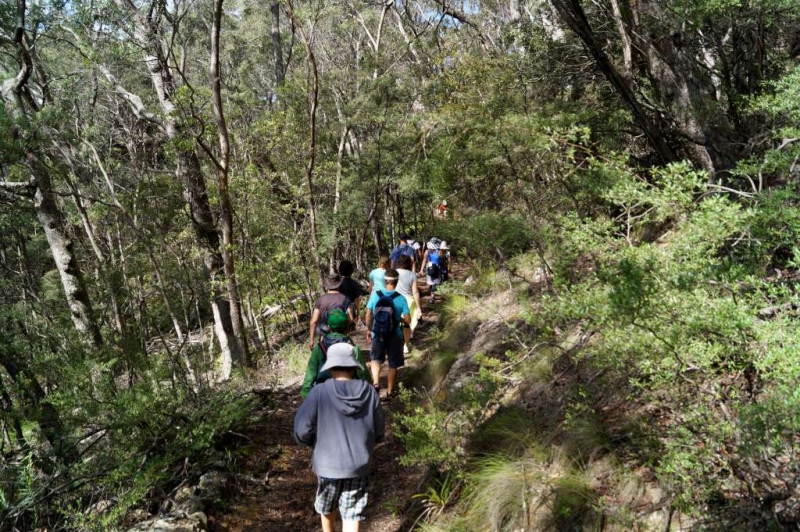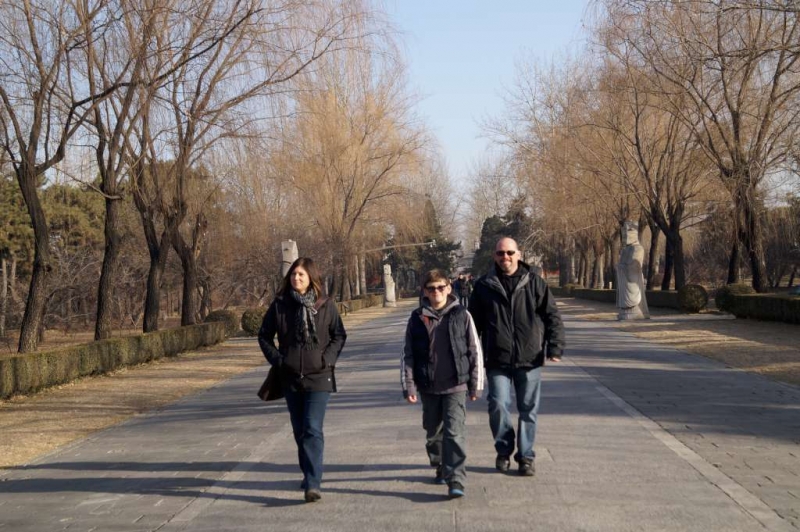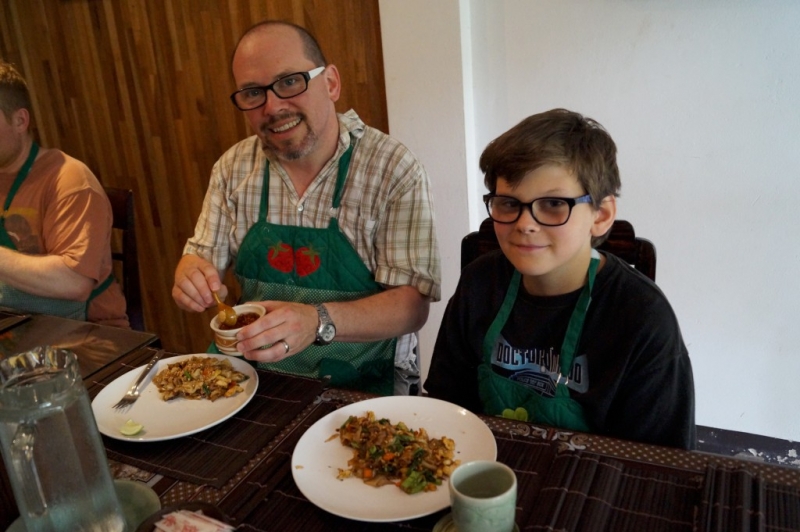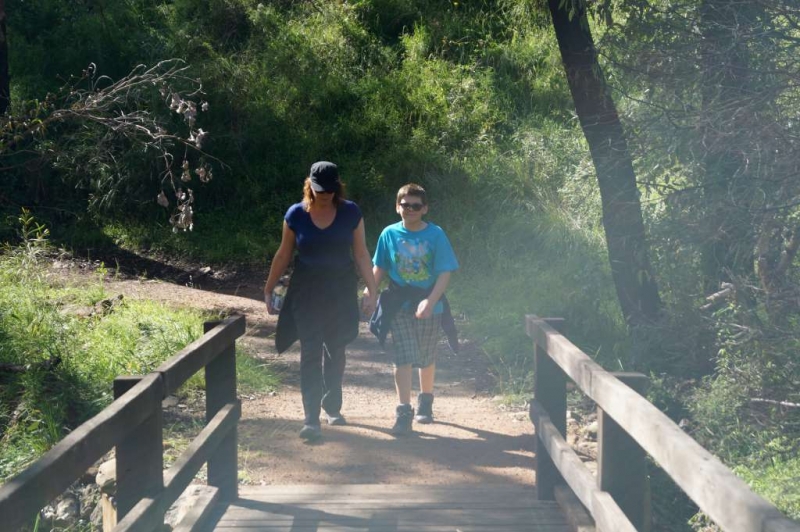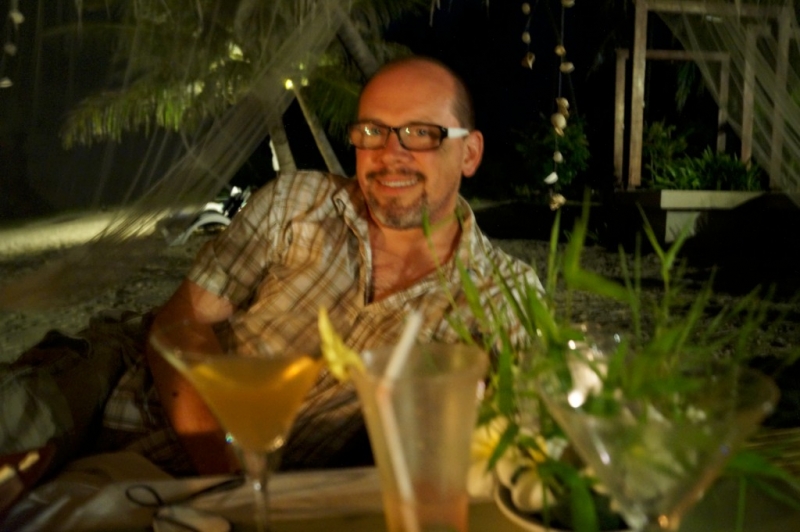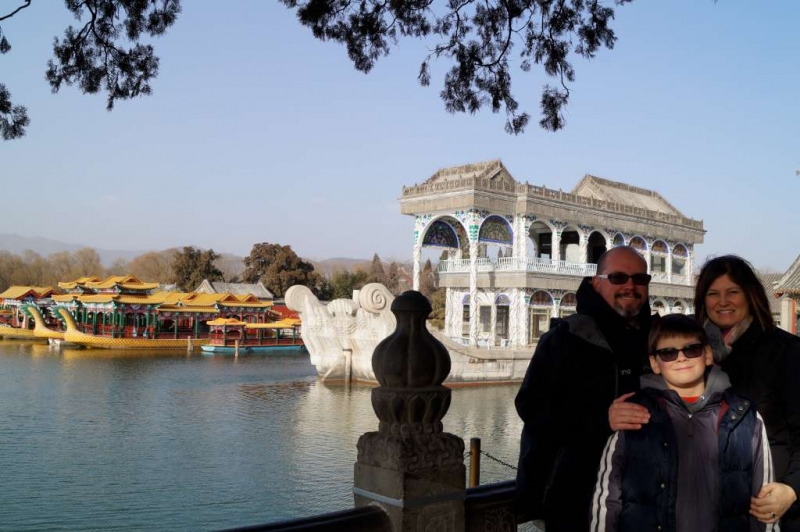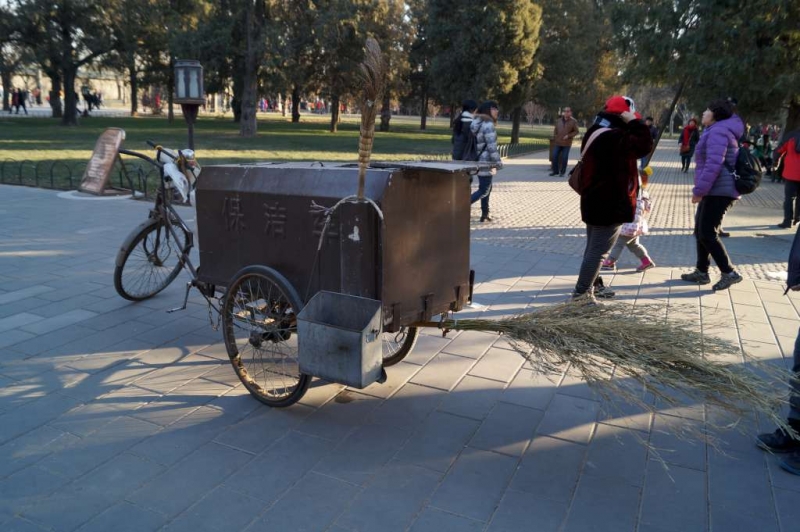 Today is the application deadline. Everything is in order and the wait begins (continues). Because the school board published the exchange approval in the meeting minutes, our application is common knowledge, but not yet having a match we explain that the exchange is not a “done deal” and it will be several months before we hear anything.
Today is the application deadline. Everything is in order and the wait begins (continues). Because the school board published the exchange approval in the meeting minutes, our application is common knowledge, but not yet having a match we explain that the exchange is not a “done deal” and it will be several months before we hear anything.
So, while the excitement of the exchange is palpable, it is tempered with an understanding that it may not happen. Yet, the more we think about it, the more we look forward to the experience and the more we appreciate the depth of the undertaking. Preparing finances, the house, the classroom, documenting contents, outlining care and maintenance procedures for managing seasonal changes, and the like. It can certainly feel overwhelming.
Reading exchange teachers’ blogs, some highlight the intense professional challenge and workload from understanding new curriculum, adapting to new assessment practices, participating in the social and cultural life of the school and community. As experienced as one might be, it probably feels like the first year of teaching. I also suspect that while blogging from the exchange location, participants are careful about what they post and will highlight the positive aspects of the experience.
Having said that, it is also clear that the experience is transformative and very positive but that comes through challenge. We talk about the challenge – try to open ourselves to the tests to come, professionally, personally, culturally, and recognize that it will be hard, there will be frustrations, and certainly the day-to-day routine will set in and we’ll find that it’s just like living and working elsewhere, but hotter. We joked today that we’re probably just trading mice in the garage for lizards in the garage.
Still, we are very excited by the prospect. It’s the test of the mettle, the “change is as good as a holiday”, trying something new, broadening our horizons, seeing the world through a different lens, walking a mile in someone else’s shoes. Pick a metaphor. We also consider the benefits to our dear son, who, if all goes well, will take leave of his most excellent little elementary school, attend grade 4 in Australia, and return to his little Canadian middle school for grade 5 with an expanded world view.
Like this:
Like Loading...






